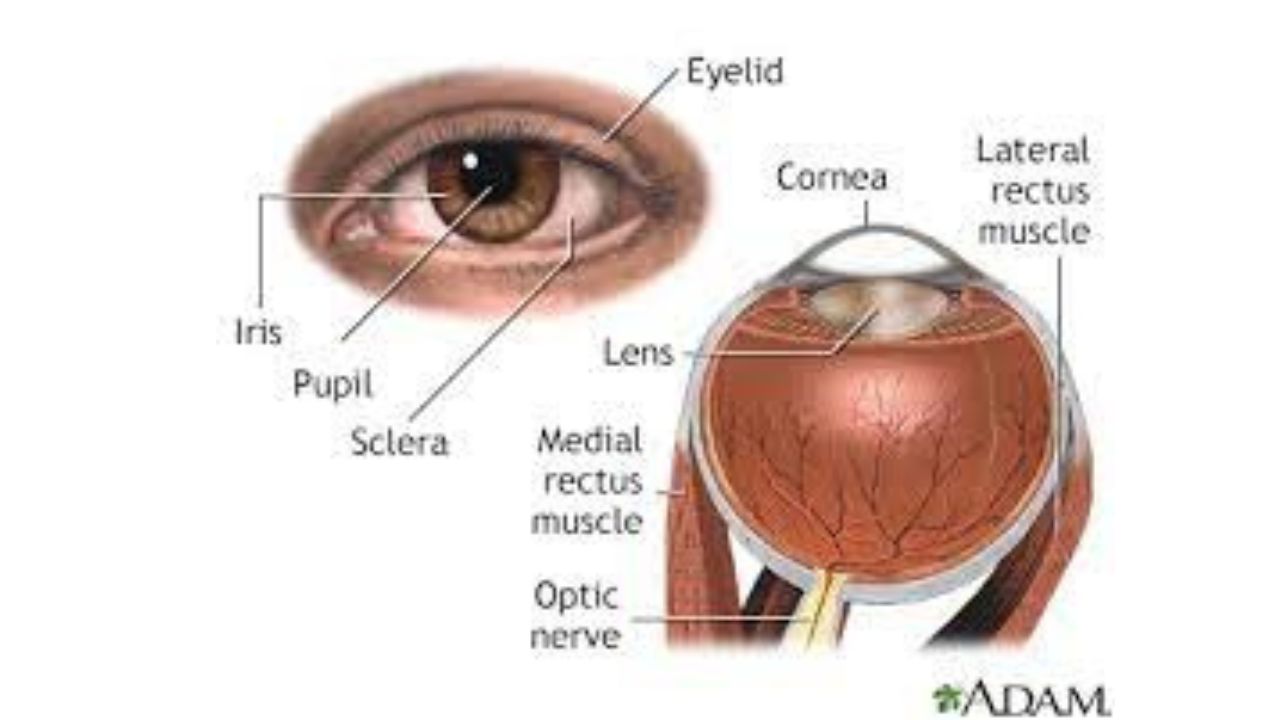Night blindness

Night blindness, also called night blindness, is a condition in which a person has difficulty seeing in low light or at night. This can be caused by various factors such as:B. Genetics, vitamin A deficiency, cataracts, certain medications, and certain medical conditions such as retinitis pigmentosa. Night blindness can make it difficult to drive at night, walk in low light, and work in low light.
People with night blindness may also experience other symptoms, such as: B. Decreased visual acuity, loss of peripheral vision, or difficulty adjusting to changes in light. Treatment for night blindness depends on the underlying cause. Dietary supplements or dietary changes may be recommended for vitamin A deficiency.
Surgery to remove the cloudy lens may be required for cataracts. There is no cure for retinitis pigmentosa, but certain treatments can help, such as using corrective lenses and genetic counseling. If you have symptoms of night blindness, it is important to have a comprehensive eye exam by an ophthalmologist to determine the cause and appropriate treatment. In addition, measures to improve overall eye health, such as wearing safety glasses and eating a healthy diet, can help prevent and treat night blindness.
Specific Content Keywords : symptoms of night blindness,night blindness causes,night blindness vitamin,night blindness test,night blindness treatment,night blindness deficiency,night blindness slideshare,light sensitivity and night blindness,symptoms of night blindness,night blindness vitamin,night blindness test,night blindness causes,night blindness treatment,night blindness deficiency,night blindness,night blindness symptoms,night blindness test,night blindness is caused due to deficiency of,night blindness treatment,night blindness vitamin,night blindness is caused by the deficiency of,night blindness in one eye,night blindness glasses,night blindness test online,causes of night blindness.
Realated Links

